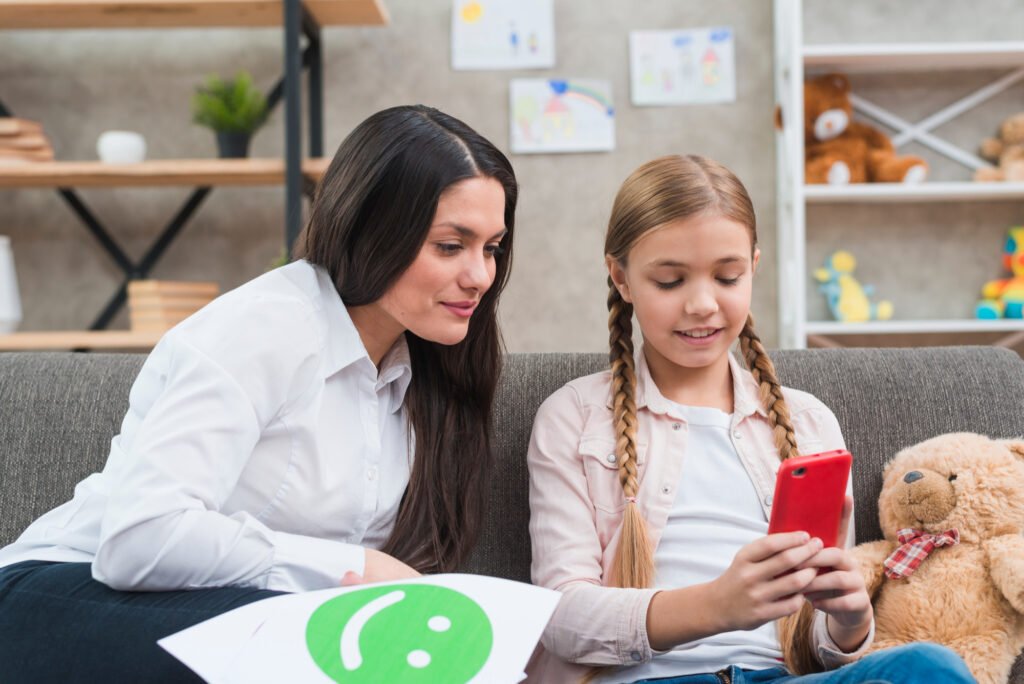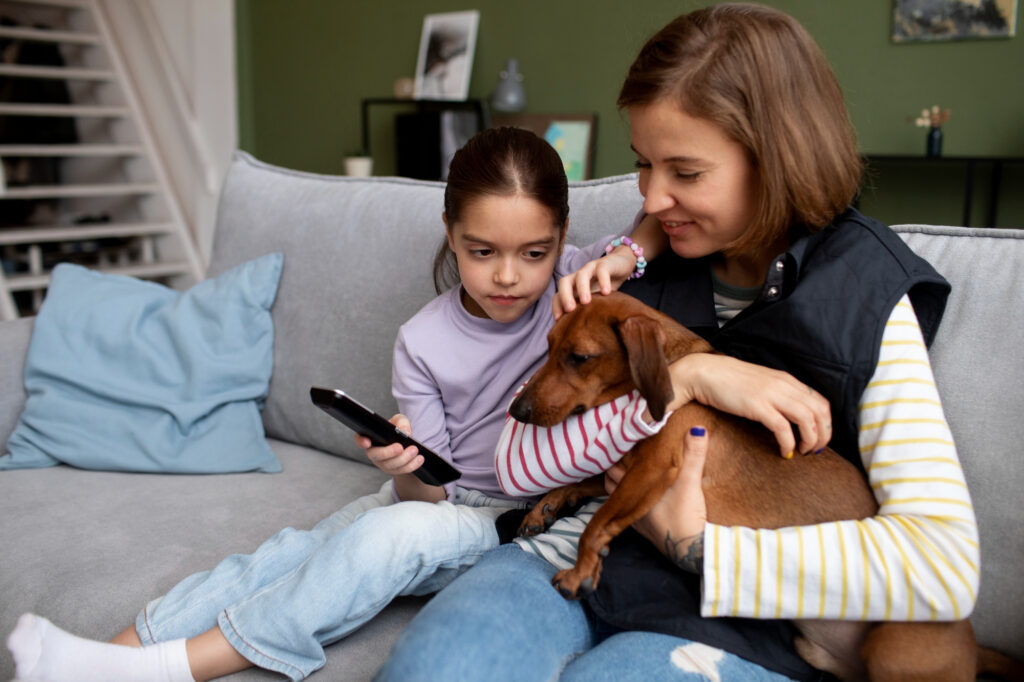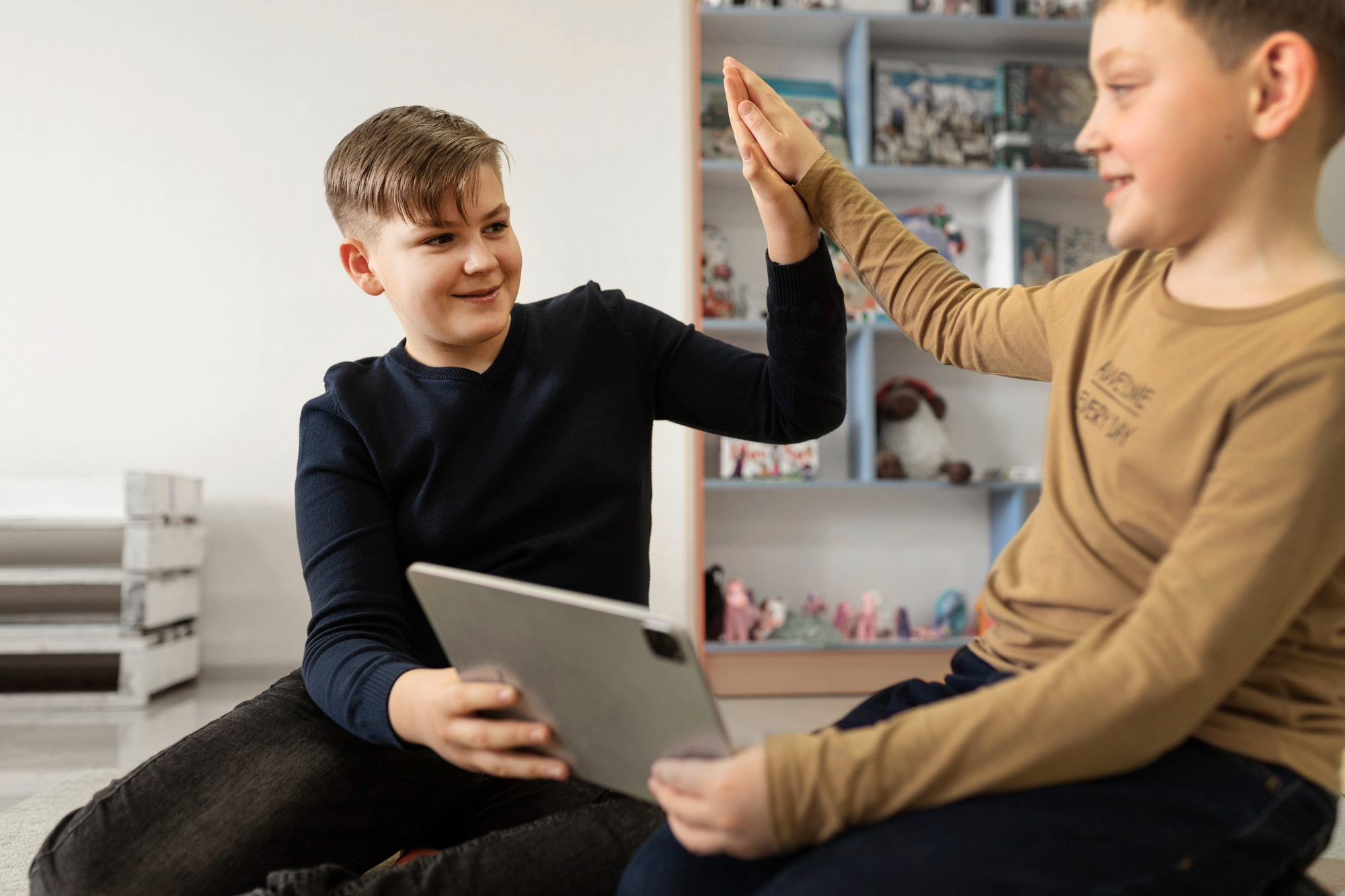Overview
Social media platforms have proliferated in the current digital age, influencing children’s interactions, communication, and self- and other-perceptions. Social media has many positive effects, but parents and medical professionals are concerned about how much of an impact it has on children’s Mental Health and self-esteem. In order to address these issues, paediatric rehabilitation—with its all-encompassing approach to child well-being—is essential. This thorough manual examines the significant effects of social media on kids’ mental health and self-esteem and offers doable solutions for paediatric rehabilitation settings to lessen the negative impacts of the platform.

Recognising the Effects of Social Media on Children’s Self-Esteem and Mental Health
Children have never-before-seen levels of information access, connectedness, and social validation thanks to social media platforms. On the other hand, their mental health and self-esteem may suffer greatly from the ongoing exposure to well chosen pictures, unattainable expectations, and cyberbullying. Excessive use of social media has been linked in studies to a number of mental health problems, such as anxiety, depression, and low self-esteem. Furthermore, children’s preexisting vulnerabilities may be exacerbated by the constant quest of likes, followers, and validation on social media, which can breed feelings of inadequacy, comparison, and self-doubt.

Paediatric Rehabilitation’s Function in Handling Social Media-Related Issues
A multidisciplinary strategy is used in paediatric rehabilitation to support children’s physical, cognitive, emotional, and social wellbeing. Adopting focused interventions to promote resilience, self-awareness, and appropriate coping skills, paediatric rehabilitation specialists are recognising the need to address the influence of social media on children’s mental health. Paediatric rehabilitation programmes strive to provide children the tools they need to confidently and resiliently navigate the digital world by fusing cutting-edge tactics and evidence-based approaches.

Ten Paediatric Rehabilitation Exercises to Reduce the Negative Effects of Social Media on Children’s Self-Esteem and Mental Health
1. Digital Detox Sessions: Organised meetings with the goal of minimising screen time and fostering in-person connections. Involve kids in outdoor games, group activities, or the arts to help them develop social skills and lessen their reliance on social media for approval.
2. Media Literacy Workshops: Pedagogical sessions designed to improve kids’ media literacy and critical thinking abilities. Help them develop a positive self-image and sense of identity by teaching children to distinguish between real and idealised social media depictions.
3. Mindfulness Practices: Provide children with mindfulness activities according to their developmental stages. Teach methods to develop present-moment awareness and emotional control in the midst of social media pressures, such as deep breathing, guided imagery, and mindful movement.
4. Positive Affirmations: Establish a nurturing atmosphere where kids can get encouragement and positive reinforcement from their classmates and carers. To help children feel more resilient and confident in themselves, help them create individualised affirmations that highlight their accomplishments, abilities, and inherent worth.

5. Journaling and Self-Reflection: Encourage kids to write in their diaries about their feelings, ideas, and encounters using social media. Assist them in evaluating their online interactions, pinpointing stressors, and investigating more positive coping mechanisms to handle anxiety and unpleasant feelings.
6. Establishing Digital Boundaries: Work with parents to create explicit rules and boundaries for using technology at home. Promote screen-free zones and times, healthier behaviours, and a balanced lifestyle that puts an emphasis on relationships and offline activities.
7. Peer Support Groups: Lead peer support groups where kids can talk about their struggles and encounters with social media. To promote a sense of community and resilience in the face of online adversity, create a safe area for candid discussion, empathy, and support from one another.
8. Body Adoration Workshops: Encourage body positivity and self-acceptance to address issues with body image that are amplified by social media. Organise workshops emphasising different body shapes, beauty that goes beyond appearance, and the value of taking care of oneself regardless of social norms.
9. Methods of Cognitive-Behavioral Therapy (CBT): Use age-appropriate cognitive behavioural therapy (CBT) strategies to address the cognitive distortions and negative thought patterns brought on by social media comparison. In order to effectively manage online stressors, teach kids how to reframe negative self-talk, foster self-compassion, and create adaptive coping skills.
10. Family Counselling and Support: Provide family counselling sessions to encourage candid dialogue and understanding about the use of social media. Give parents the tools they need to set a good example for their children in terms of responsible online behaviour, be there for them when they need help, and maintain a loving home atmosphere that promotes mental health.

In summary,
In summary, the widespread impact of social media on kids’ mental health and self-worth highlights the significance of early intervention in paediatric rehabilitation settings. Paediatric rehabilitation specialists can equip kids with the resilience, self-awareness, and confidence they need to navigate the digital landscape by implementing focused activities and evidence-based interventions. Let’s work together to put children’s holistic wellbeing first in the digital age so that the next generation is equipped to succeed both online and off.

